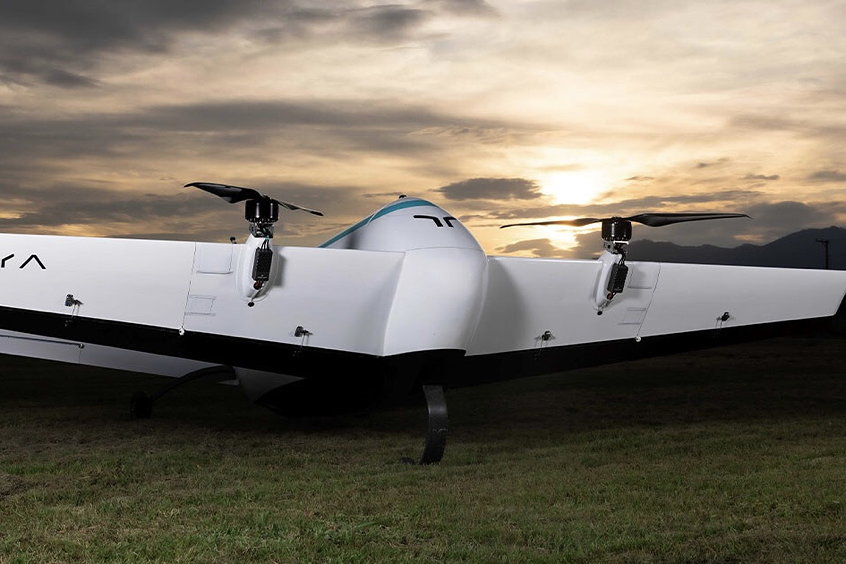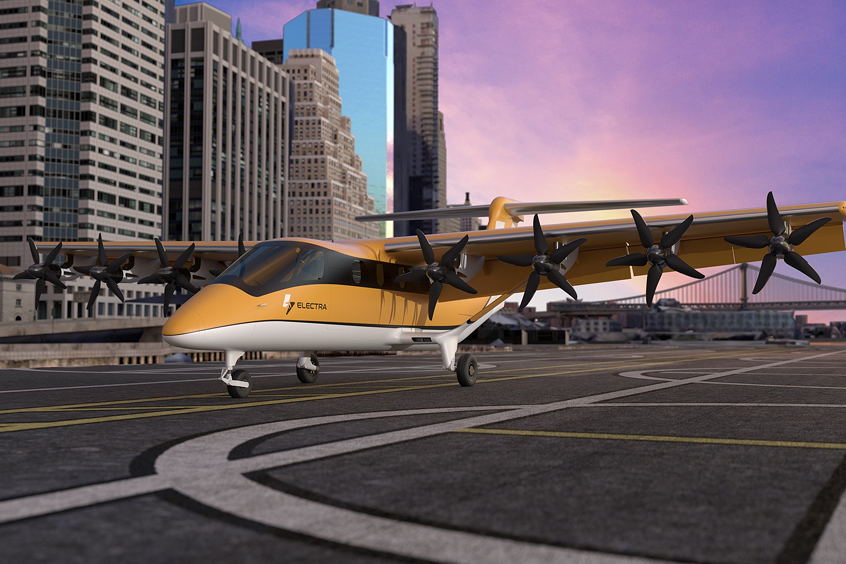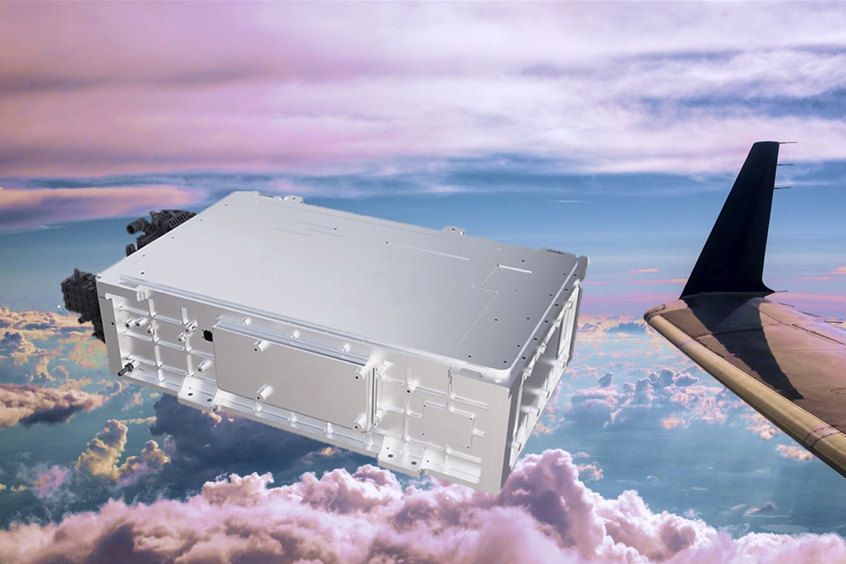The Hydrogen Engine Center (HEC-TINA) and Arcturus UAV today announced a joint partnership to develop a hydrogen fueled internal combustion engine capable of supporting the T-20 family of unmanned aircraft.
Defense organizations face significant logistical, safety, and security challenges in the transportation and storage of large amounts of heavy fuel (diesel) required to fuel unmanned aerial vehicle (UAV) operations. Diesel is the most commonly available fuel overseas, and has led to a demand for small UAV heavy fuel engines. These engines are relatively unreliable and are a significant cause of aircraft losses due to engine failure. They are expensive, and require extensive preventive maintenance. Small gasoline engines (Mogas or even high octane low lead) are much more reliable but have their own problems – access to refining is spotty, and local supplies are of inconsistent quality.
To resolve these problems, and reduce the risk, reliability, and logistical challenges of shipping gas from the U.S., another fuel alternative is needed.
This initiative will enable development of remotely located “filling stations” to both manufacture and store fuel necessary to support UAV operations.
The objectives of this research and development include the ability to provide a long endurance, highly reliable, low heat signature, lightweight, zero- or very low emission engine; and to develop a system of filling stations engaged in the production and storage of fuel in the region of operations.
| Contact details from our directory: |
| Related aircraft programs: |
| AeroVironment JUMP 20 |
Weekly news by email:
See the latest Bulletin, and sign up free‑of‑charge for future editions.

Altair collaborates with aerospace startup Moya Aero to develop eVTOLs

Electra reveals design for EL9 hybrid-electric aircraft
Piper Aircraft achieves AS9100 certification
